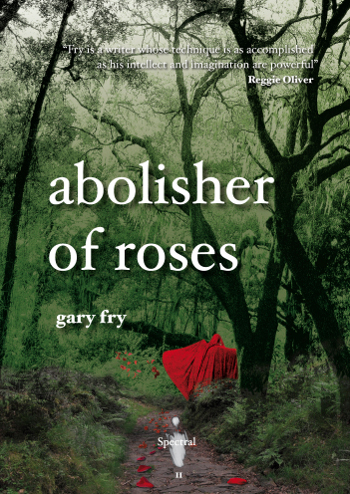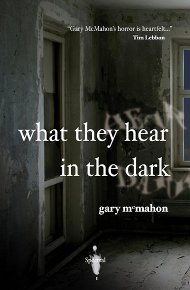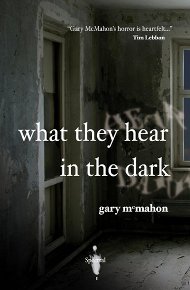 In what seems like an age, here comes the first blog in a while and it’s a guest blog to boot. SL Schmitz is an American author who has just released her first full-length novel, Let it Bleed, published by Dead Tree Comics and which I edited. Here she talks about a much anticipated event which is happening this weekend in Austin, Texas – the World Horror Convention 2011 (which visited these shores last year, in Brighton). I know many of my friends have winged, or are winging, their way over there to attend, and Stephanie explains the allure of such a meeting of friends, colleagues and fans.
In what seems like an age, here comes the first blog in a while and it’s a guest blog to boot. SL Schmitz is an American author who has just released her first full-length novel, Let it Bleed, published by Dead Tree Comics and which I edited. Here she talks about a much anticipated event which is happening this weekend in Austin, Texas – the World Horror Convention 2011 (which visited these shores last year, in Brighton). I know many of my friends have winged, or are winging, their way over there to attend, and Stephanie explains the allure of such a meeting of friends, colleagues and fans.
—()—
Some people get excited meeting movie stars. Other people dream of meeting rock stars, or television personalities. Am I strange? I don’t care about meeting famous people; I am probably among the few who worship and adore David Bowie, but have no desire to meet him. I am in awe of Patti Smith and Nick Cave, but would have absolutely nothing to talk about with them. Our conversations would be stilted, boring. Meet Princess Diana when she was alive? Why? Beyond the courtesy, there would be very little to discuss. But there is an event which I am greatly looking forward to, more than any other event this year: the World Horror Convention in Austin, TX.
There is something unique about the community of Sci-fi, Horror, Fantasy, Mythpunk, and all other genre writers. With all of the changes happening in the publishing world today, the authors involved in indie publishing feel like they are on the pioneer trails; as if they were living in the wild, wild e-west of creativity and exploration. Via social media sites we chat with one another, delighting in each other’s publishing successes and journeying together through the perils of reviews and blogs. It is a community well worth exploring, but demanding of respect – whoa to the author who pushes too hard to be “liked” or who cannot stop spamming about their self-published epic novel. Banishment can and does occur.
And finally, it is now the end of April 2011 and various authors, editors, publishers, reviewers, directors and more are all making their way to Austin, Texas for the great and secret show known as the World Horror Convention. There, we will shake hands and hug the ones we have only met through email and comments. We will gladly buy one another’s books and listen to one another’s readings. There will be pitches and launches and press parties and many, many cocktails. There will be accents from all over the globe. The horror writing community is small, but it is growing. Not like the crazy fads of Steampunk or the hero worship of comic books – there will not be 50,000 people all dressed up like Princess Leia or Jules Verne at this convention. Oh, there might be a Countess Bathory or a Lord Varney here or there, but overall this community is more subtle. We are shy folk, most of us prone to dark corners and quiet garrets where we scribble the most gorgeously awful scenes of zombies and vampires and dragons. We just want to meet one another, and make connections. We want our peers to read our stories, and we want contracts to be signed, books to be bound.
So as I leave for Austin, I carry more copies of my own novel than I do clothes to wear. And I have room for all of the purchases that I shall be making! When I return, I will have 50 extra lbs. of books to read, and will devour these new stories gladly. Hopefully, they will all be signed, and I will have the memory and the memorabilia to sustain me until 2012.
—()—
Stephanie’s website can be accessed here and you can purchase Let it Bleed from here via Amazon.


